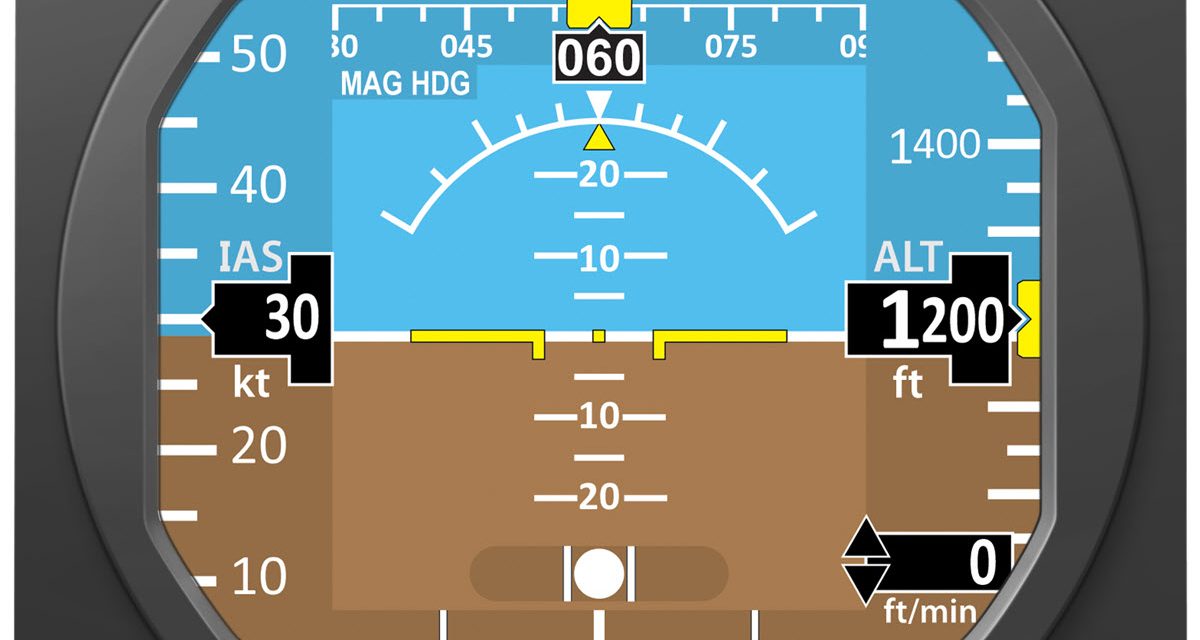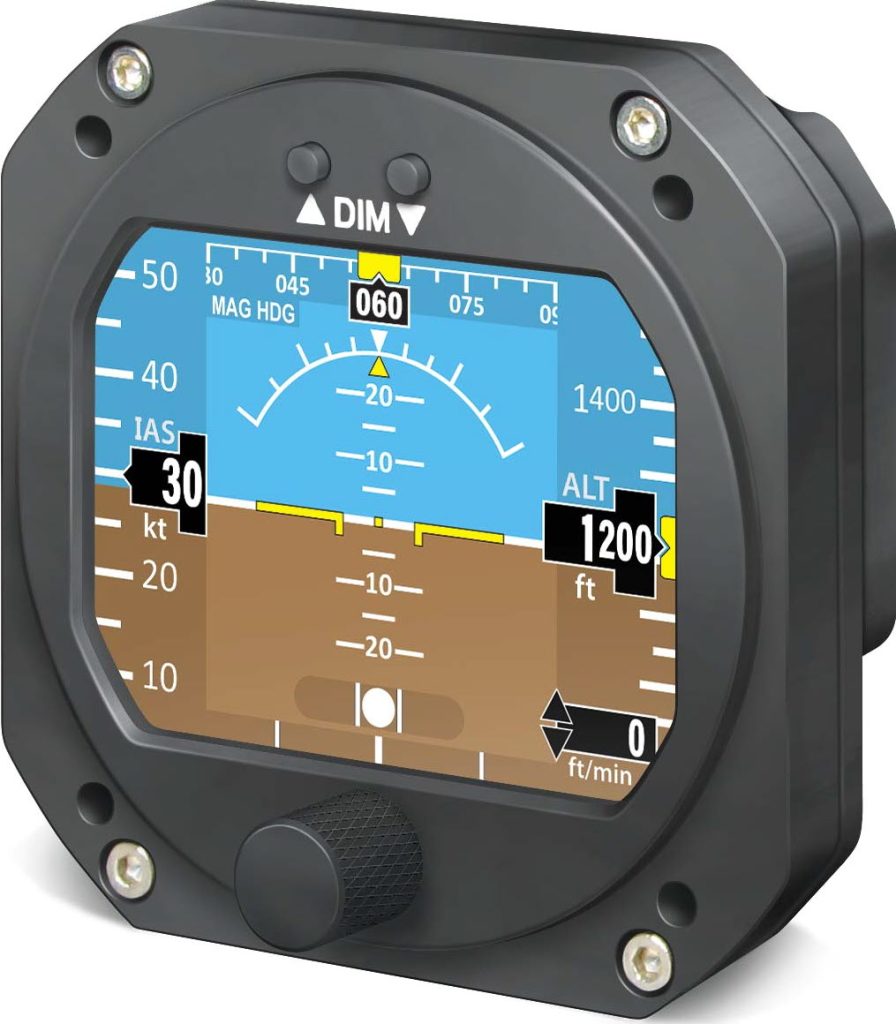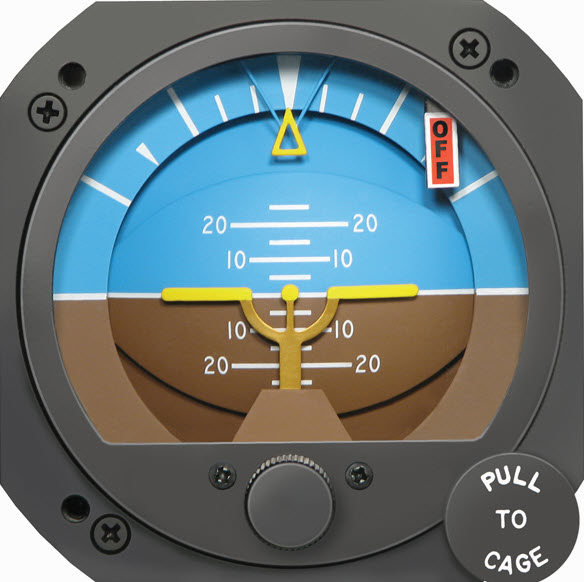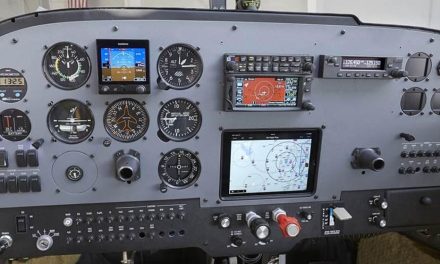Up until recently, pilots kept their wings level and on course using vacuum-driven mechanical gyros. The mechanical attitude indicator (AI) and directional gyro (DG) have been with us for many years. They were factory-installed, and as newer technology emerged, like electric-driven alternatives, the FAA was resistant to the change.
I previously mentioned a study done near the turn of the century (2000) that established an issue with mechanical gyros, their vulnerability to contaminated air, and their premature failure that was costing lives. Yet the FAA resisted these options, insisting that the vacuum AI had to remain in its original location in the panel when it was obvious that an electrical-driven unit was, in fact, safer. If I recall correctly, it took about 15 years for the FAA to change their thinking and allow an electric AI to replace the older vacuum technology. We have come a long way since then, and electronic flight instruments have taken their place in the panel, at least among the true IFR crowd. Through this transition from vacuum to electronic, R.C. Allen Instruments was not only there, but a leader in the industry.
R.C. Allen Instruments
You may know them as R.C. Allen, but to me, they have always been Kelly Manufacturing (KMC). Here’s their story:
R.C. Allen was founded in 1932 by Ralph C. Allen in Grand Rapids, Michigan. They were better known as R.C. Allen Business Machines in those days, a leading manufacturer of business machines. Examples of their cash registers, adding machines, and typewriters can still be found across the country today.
World War II propelled the company, a proven manufacturer of delicate instruments, into the aviation world. Thousands of R.C. Allen turn-and-bank instruments were installed in war-bound aircraft. R.C. Allen continued as a major government supplier through the Korean War, and in peacetime, the company developed sub-miniature gyros for Saturn rockets. At one time, there were 20 of these gyros in orbit at the same time. By 1972, R.C. Allen was the largest manufacturer of GA aircraft instruments in the country! Kelly Manufacturing purchased the company in 1996 and became the new manufacturer of R.C. Allen products.
Kelly Manufacturing Company (KMC)
As I was reading the history of this company, I found myself reflecting on my own experience with KMC, both as a rookie avionics consultant in 1998 and today. This is a large organization, in fact, the largest manufacturer of aircraft instruments in the country. Yet my interface with the company, as a sales guy and sales manager of Eastern Avionics, was more consistent with a mom-and-pop operation.
My calls to KMC for technical advice, product availability, and to place orders were always met with a smile. The receptionist who answered my calls (for years) was always beyond what you might expect from a big company. Every Sun N’ Fun, I’ll walk up to their booth and be greeted like a friend, as I have been for almost 25 years. I like these people and am happy to finally have the chance to tell their story.
R.C. Allen Products
If it helps you with attitude, heading, or turn-coordination, R.C. Allen has a product to meet your needs. Here’s an overview of R.C. Allen products:
Attitude Indicators
- RCA2610 Series Electronic Digital Attitude Indicators (many versions)
Includes Digital Slip, Digital Rate of Turn, optional Batter Backup - RCA26 Series Electric/Mechanical Attitude Indicators (14 or 28V)
Multiple versions for many applications. Optional slip indicator - RCA22 Series Vacuum/Mechanical Attitude Indicators (many versions)
Have a website login already? Log in and start reading now.
Never created a website login before? Find your Customer Number (it’s on your mailing label) and register here.
JOIN HERE
Still have questions? Contact us here.







